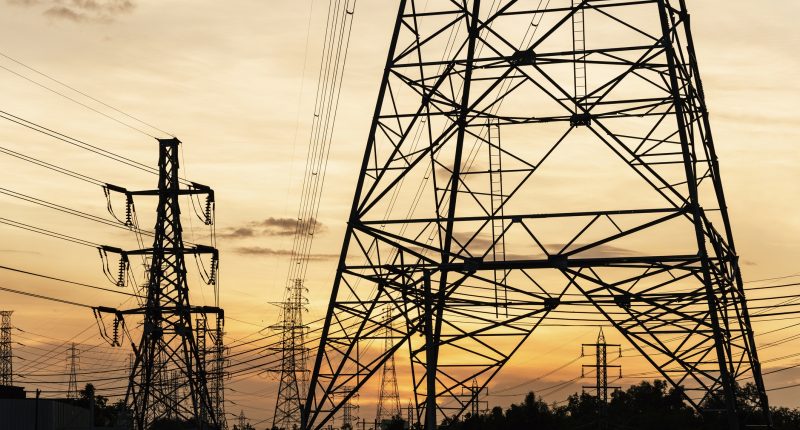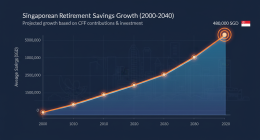The Energy Regulatory Commission (ERC) in Thailand is weighing a potential increase in the electricity tariff by 26-31%, starting next year, to address existing financial burdens. While the proposed hike may seem surprising given anticipated decreases in fuel costs, the commission cites significant debt obligations owed to the Electricity Generating Authority of Thailand (EGAT) and PTT Plc as primary reasons for this consideration.
Thailand’s ERC Considers 31% Electricity Tariff Hike Amid Lower Fuel Costs
Background: The Current Power Tariff and Financial Challenges
The current electricity tariff in Thailand stands at 4.18 baht per kilowatt-hour and is valid until December 31, 2024. This rate has helped stabilize electricity costs for households and businesses but has led to financial strain on EGAT and PTT due to past subsidy programs and the sale of natural gas below market prices.
Natural Gas Dependency in Thailand’s Power Generation
Approximately 60% of Thailand’s electricity is generated from natural gas, sourced domestically and through liquefied natural gas (LNG) imports. While LNG spot prices are expected to drop by US$0.2 (6.84 baht) per million British thermal units, this slight reduction may not significantly impact overall electricity costs due to outstanding debt obligations.
Proposed Tariff Increase Options to Address EGAT’s Debt
The ERC has presented three tariff adjustment options for public feedback, aiming to balance the financial health of EGAT and the affordability of electricity for Thai households and businesses.
Option 1: A 31% Tariff Increase to 5.49 Baht Per Unit
This option proposes a substantial 31% hike, which would raise the tariff to 5.49 baht per kilowatt-hour. By adopting this rate, EGAT could fully repay its 85.2 billion baht debt by April 2025 and address an additional 15 billion baht in gas sales debt.
Option 2: A Moderate 26% Increase to 5.26 Baht Per Unit
Under this plan, the tariff would be adjusted to 5.26 baht per kilowatt-hour, allowing EGAT to clear its primary debt without covering the entire gas sales deficit. This increase would help the ERC meet immediate financial obligations without causing as much strain on consumers as the first option.
Option 3: Maintaining the Current Tariff of 4.18 Baht Per Unit
The third option would keep the tariff at its current level of 4.18 baht per unit, alleviating pressure on consumers. However, this choice would allow EGAT to repay only 15 billion baht of its outstanding debt, leaving a significant portion unpaid.
Public Opinion and Consultation on the Proposed Tariff Hike
The ERC is conducting a public opinion survey on its website to gauge feedback on these proposed tariff options. The survey will be open until November 22, with responses informing the final decision on the new tariff rates for January to April 2025.
Secretary-General’s Take on Debt and Tariff Stabilization
Poonpat Leesombatpiboon, ERC Secretary-General, emphasized the need for a balanced approach. He stated that while reducing the power tariff would benefit consumers, the commission must prioritize the long-term stability of Thailand’s power infrastructure and address the debts owed to both EGAT and PTT.
The Road Ahead: Balancing Consumer Costs and Energy Stability
As Thailand moves towards a cleaner, more cost-efficient energy system, the ERC’s upcoming decision will likely have wide-reaching effects on consumers and the energy sector alike. With options ranging from moderate increases to maintaining current rates, the ERC faces the challenge of balancing financial recovery with economic stability.
Conclusion
Thailand’s Energy Regulatory Commission’s decision on the electricity tariff hike will impact businesses, households, and the overall stability of the country’s energy system. With mounting debts from past subsidies and obligations to key energy players like EGAT and PTT, the ERC must carefully consider the tariff adjustments to address financial needs while keeping electricity accessible.









